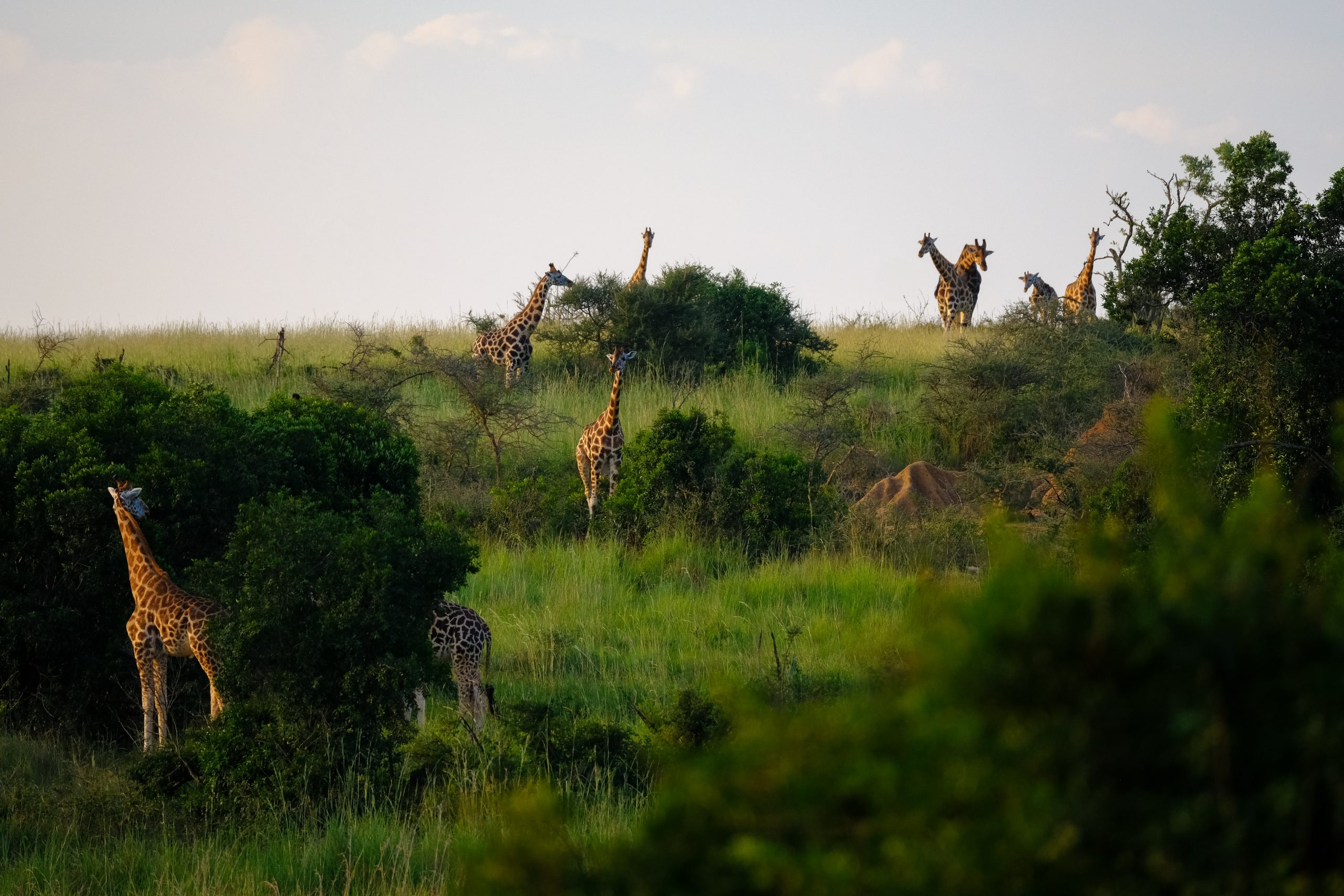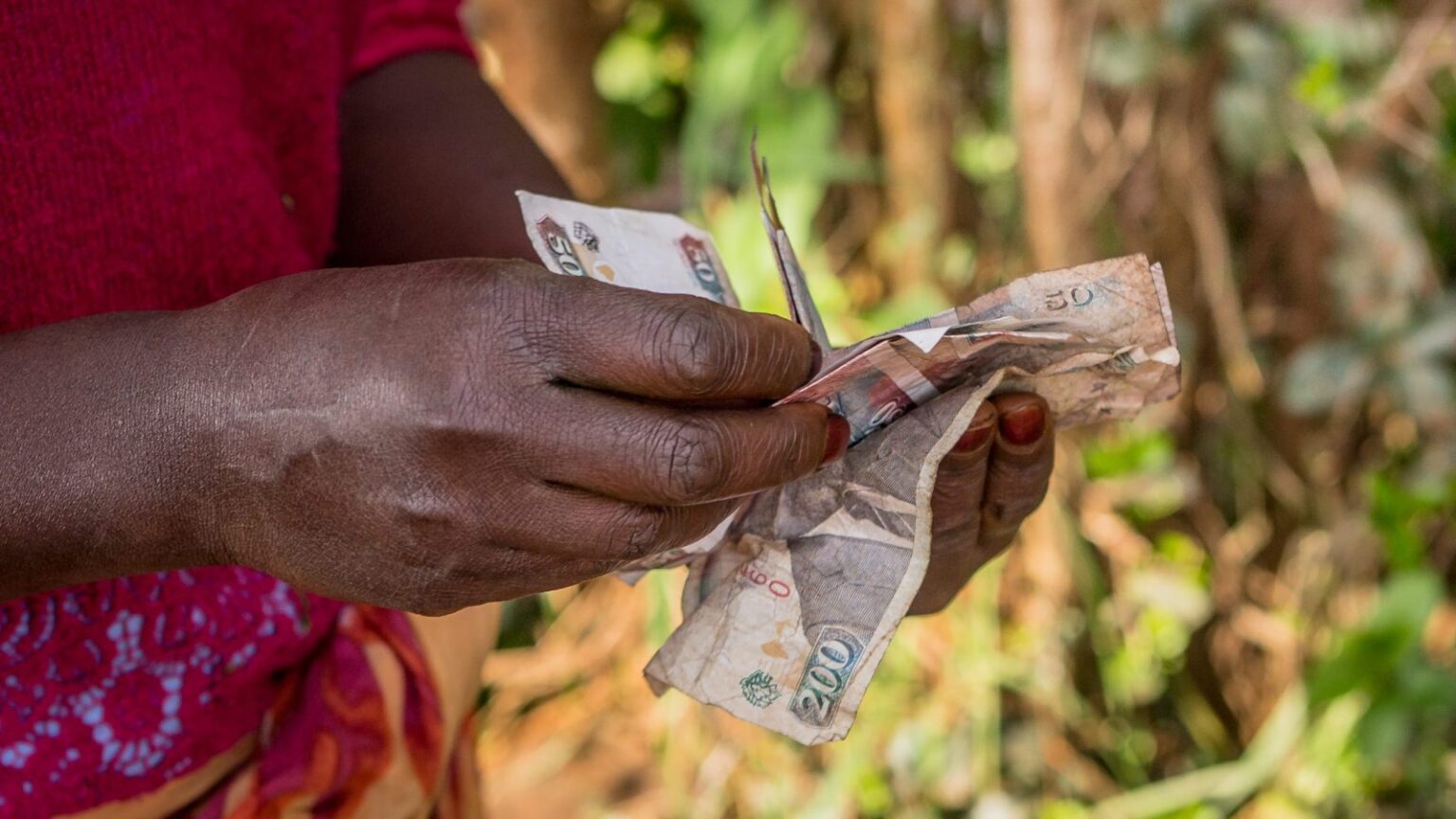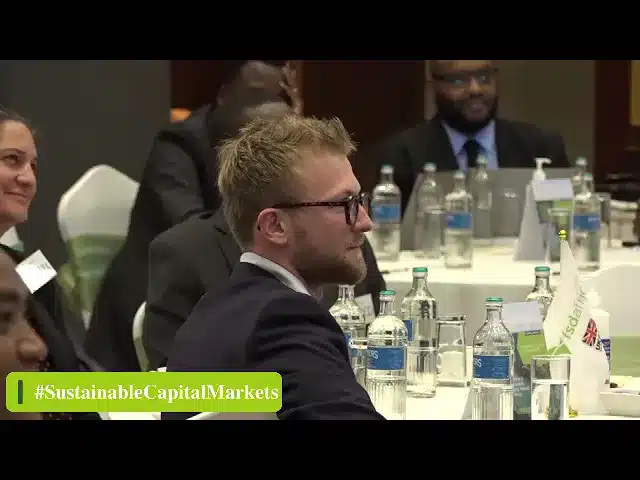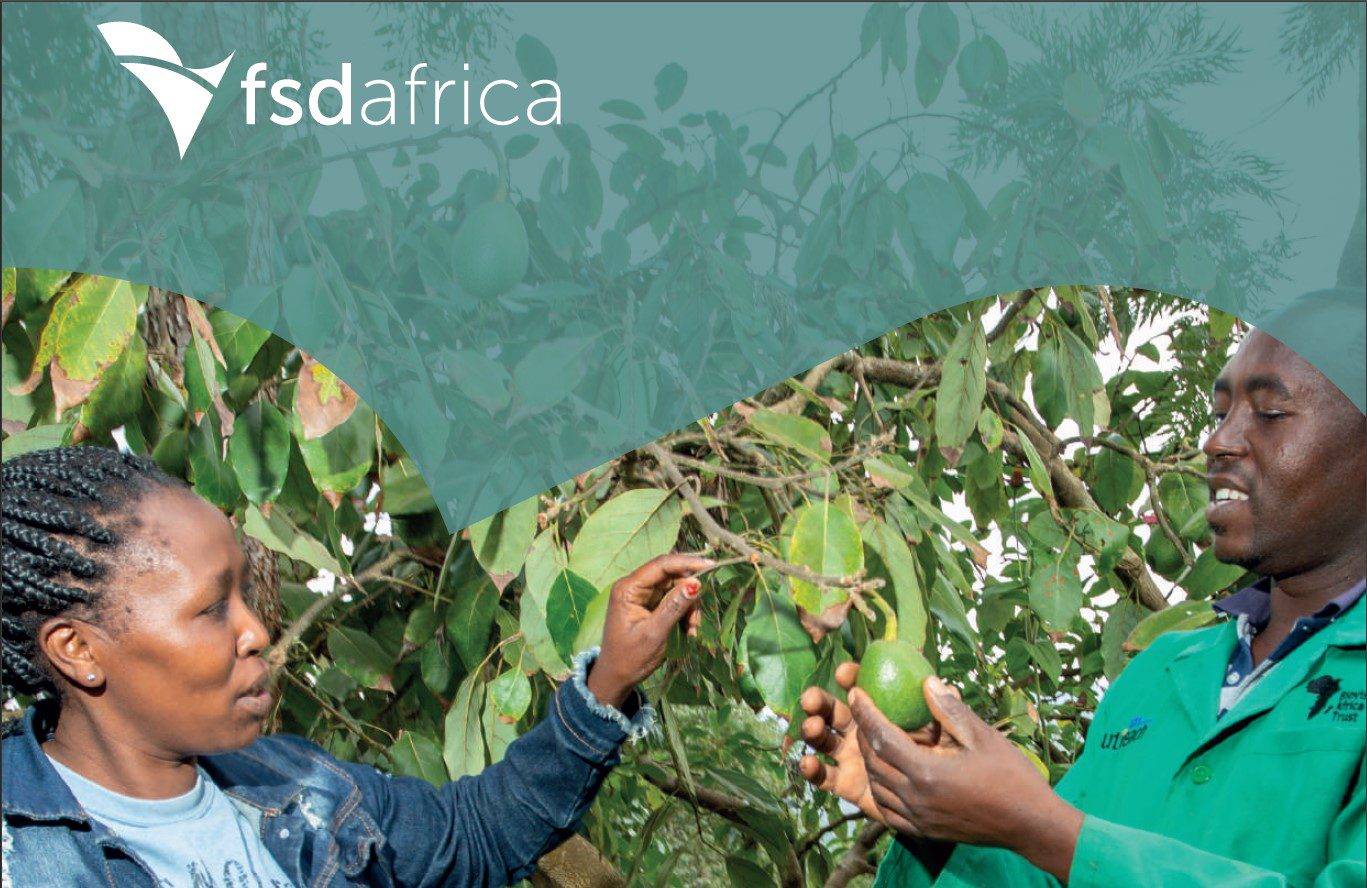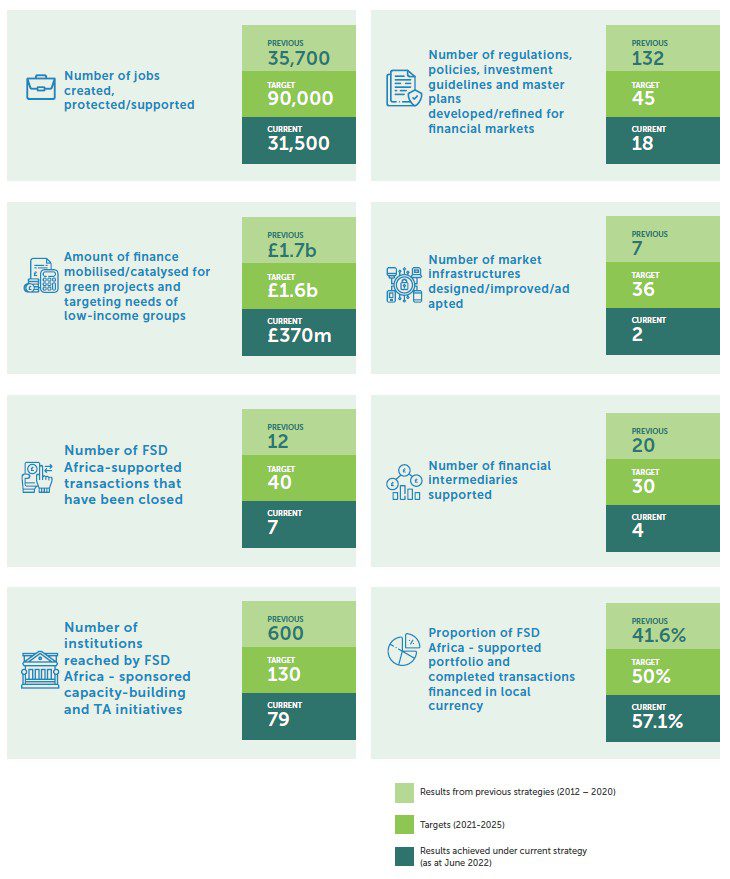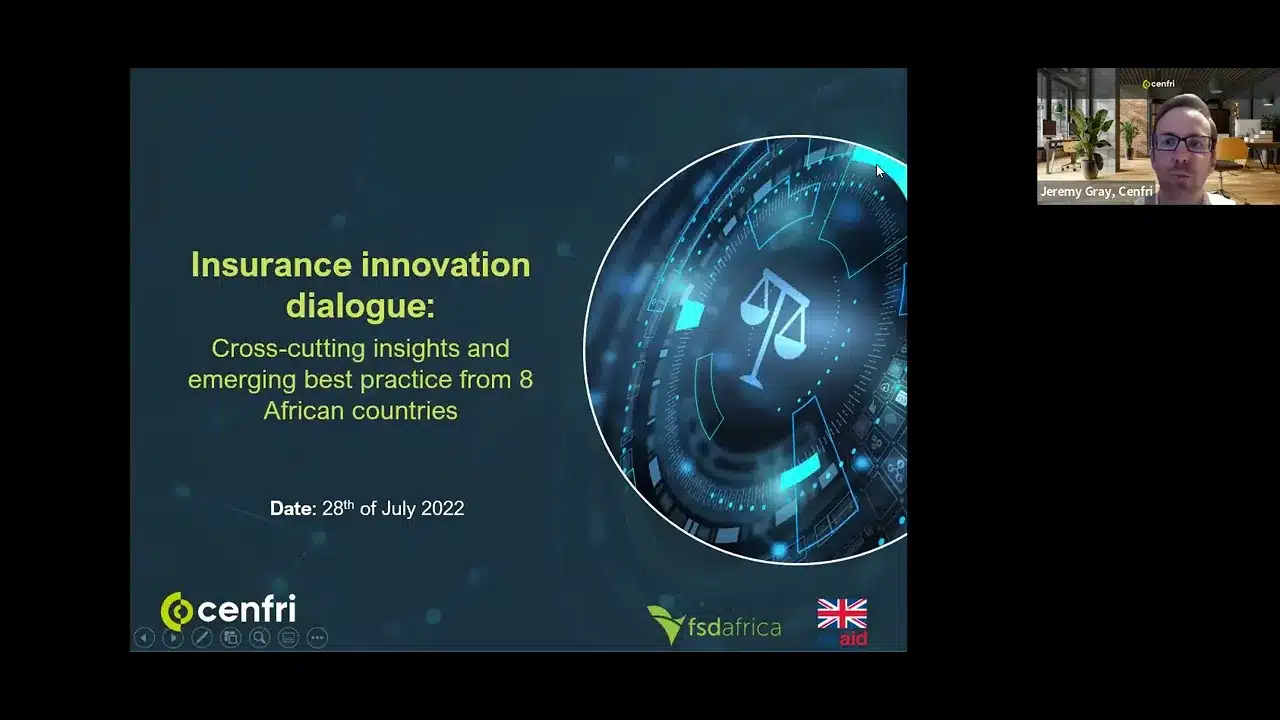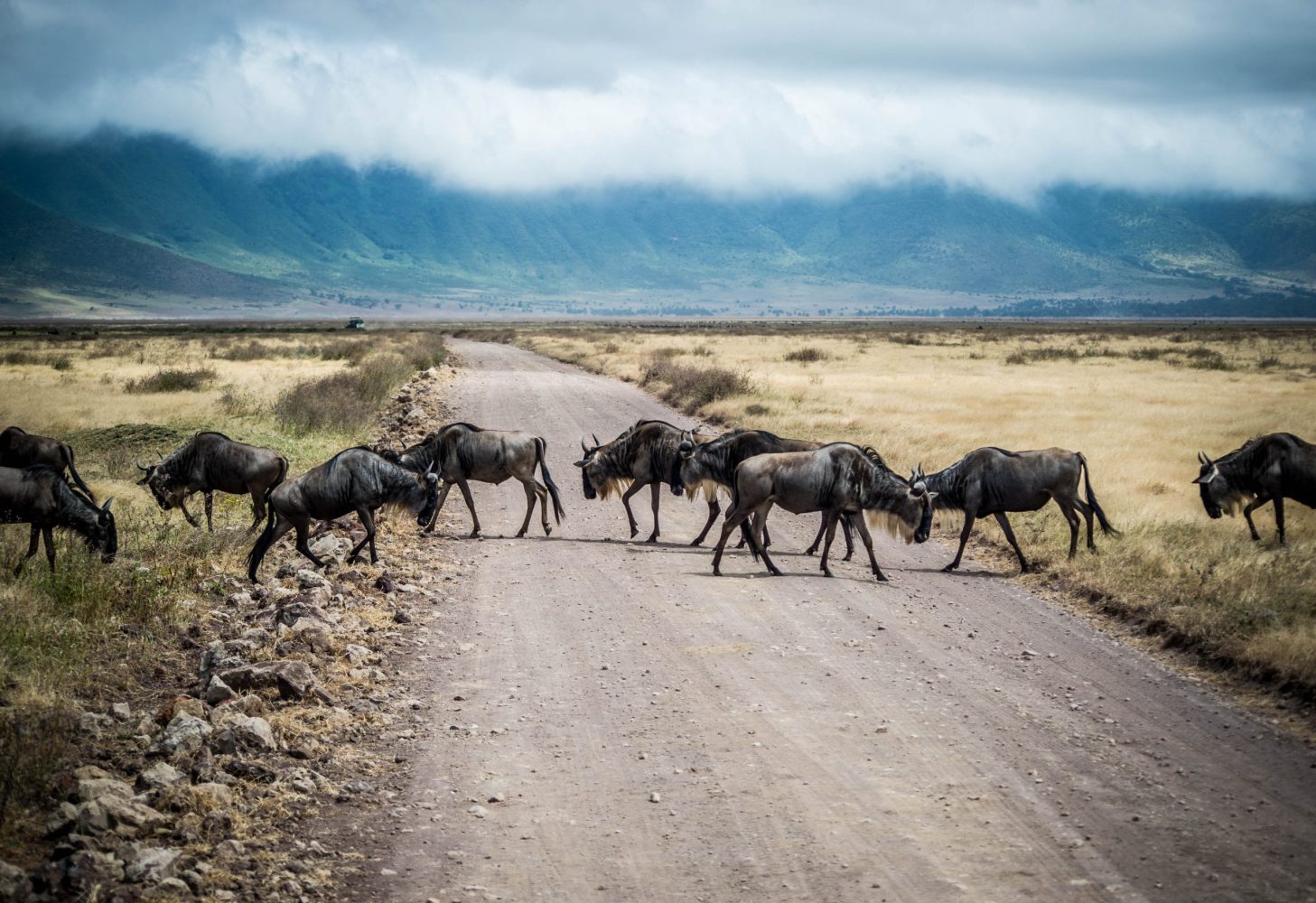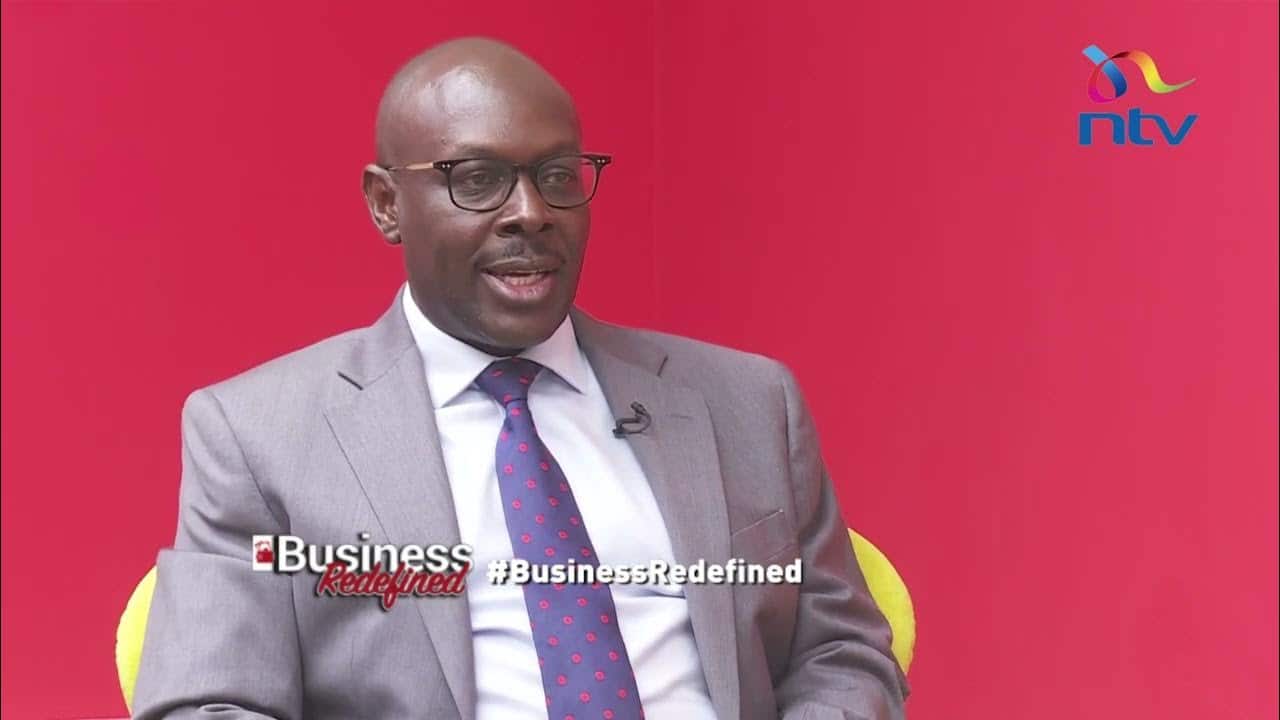Sharm El Sheikh, Egypt: On the opening day of COP27, InfraCo Africa, part of the Private Infrastructure Development Group (PIDG) has announced that it will invest US$15m into a newly established guarantee company, alongside a US$5m commitment from Cardano Development. The announcement was made as part of a KES 500bn package of new investment from the UK to support Kenya’s leadership on climate change.i
Established by InfraCo Africa and Cardano Development with support from PIDG and FSD Africa, the new company is modelled on InfraCredit Nigeria and InfraZamin Pakistan, aiming to unlock local capital into sustainable infrastructure and projects that improve climate mitigation and adaptation and deliver on the SDGs. InfraCredit Nigeria is an infrastructure guarantee facility established in 2017 by PIDG company GuarantCo and the Nigeria Sovereign Investment Authority. InfraCo Africa became InfraCredit’s third investor in 2020. PIDG has sought opportunities to replicate this innovative model in other geographies, including establishing InfraZamin Pakistan. FSD Africa has also extended grant funding to Cardano Development valued at nearly US$297,000 for the establishment of the new company, and GuarantCo is exploring the possibility of providing a contingent capital facility to the company in the near future.
PIDG’s CEO Philippe Valahu said, “We are pleased to announce our anchor investment into this new guarantee company during the important COP27 summit. As well as addressing Kenya’s and East Africa’s infrastructure access gap, the new company will issue guarantees to projects that are Paris aligned, helping to link flows of finance with global efforts to mitigate and adapt to the climate crisis.” He continued, “This innovative model of local currency guarantees has proven to be successful in Nigeria – where InfraCredit Nigeria has issued circa NGN 114 bn worth of local currency guarantees in its first five years of operations – and also in Pakistan, where InfraZamin Pakistan recently issued its first guarantee.”
The initial focus of operations will be in Kenya. Kenya holds significant wealth in pension,ii life insurance and private wealth funds. However, Kenyan infrastructure projects and other cash-flow based investments are largely reliant on US dollar denominated bank loans, loans which seldom offer the length of tenor required for successful developments and which expose borrowers to currency exchange risk.
InfraCo Africa’s Chief Investment Officer, Claire Jarrett said, “The new guarantee company seeks to issue up to US$100m of local currency guarantees in its first few years of operations. Kenya’s capital markets are developing quickly and it is hoped that access to local currency guarantees will enable institutional investors such as pensions and insurance funds to invest into high-quality assets whilst also supporting businesses to secure the finance needed for them to deliver vital new infrastructure, underpinning economic development across the country.”
Joost Zuidberg, CEO Cardano Development added, “Cardano Development is proud to act as a catalyst for making emerging and frontier markets more investible, through our incubating activity and investment into the new guarantee company. With climate change at the top of the global agenda, our expertise, alongside our partners InfraCo Africa and PIDG, will help fast-track the flow of climate friendly finance into key sectors, through local currency guarantees.”
Mark Napier, CEO FSD Africa, and Board Member of the GFANZ Africa Advisory Board said, “The mandate of the new guarantee company is well aligned to critical climate finance initiatives such as the Glasgow Financial Alliance for Net Zero’s (GFANZ) objective of addressing sector-wide challenges associated with the net-zero transition helping to ensure high levels of ambition are met with credible action. FSD Africa is committed to supporting local currency bond markets in Africa as well as local currency credit enhancement facilities as they play an important de-risking role. This role is pivotal in the mobilisation of climate finance from both local and international owners of capital to African economies that require different sources of capital to fund their green growth.”
